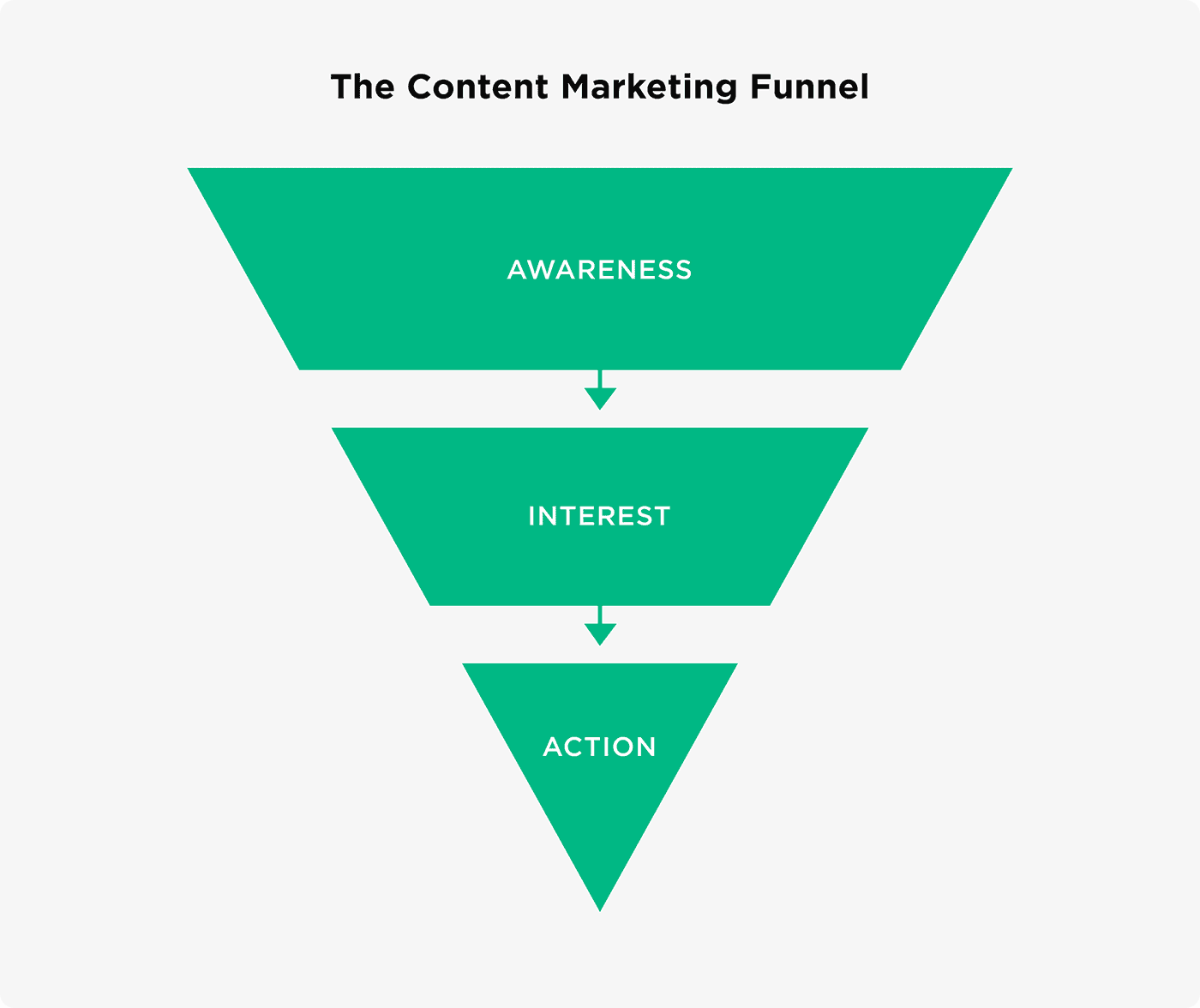What is Content Marketing?
In the digital age, businesses are constantly seeking innovative ways to engage with their audience, promote their products, and enhance their brand’s presence online. One of the most effective strategies for achieving this is content marketing. This strategy not only helps businesses connect with potential customers but also fosters long-term relationships and trust with their audience. In this article, we will explore what content marketing is, why it is important, and how businesses can leverage it to drive growth and success.
What is Content Marketing?
Content marketing is a strategic approach to marketing focused on creating and distributing valuable, relevant, and consistent content to attract, engage, and retain a clearly defined audience. Unlike traditional forms of marketing that often interrupt consumers with promotional messages, content marketing provides useful information or entertainment that addresses the needs and interests of the target audience. The goal is to create and share content that resonates with the audience, builds trust, and ultimately drives profitable customer action.
Key Elements of Content Marketing
There are several key elements that form the backbone of content marketing. These elements ensure that the content created is effective and reaches the right audience.
- Content Creation: At the core of content marketing is the creation of high-quality content. This could be in the form of blog posts, articles, videos, podcasts, infographics, social media posts, eBooks, whitepapers, or even webinars. The content must be valuable, informative, and relevant to the audience.
- Content Distribution: Once the content is created, it needs to be distributed to reach the intended audience. Distribution can happen via various channels, including websites, social media platforms, email newsletters, and third-party sites.
- Audience Engagement: Content marketing is not just about creating content; it’s also about engaging with the audience. Interaction through comments, social media shares, and feedback helps foster a sense of community and trust.
- Consistency: For content marketing to be effective, it needs to be consistent. Regularly publishing new content ensures that the brand stays in front of the audience and maintains relevance.
- Measurement and Optimization: Content marketing is an ongoing process that requires constant monitoring and optimization. Using tools like Google Analytics, businesses can measure key performance indicators (KPIs) such as traffic, engagement rates, conversion rates, and more to refine their strategy.
Why is Content Marketing Important?
- Builds Brand Awareness: Content marketing is one of the most cost-effective ways to build brand awareness. By consistently publishing informative and relevant content, businesses can establish themselves as thought leaders in their industry. This helps them gain the trust and loyalty of their audience.
- Drives Traffic and Leads: When done correctly, content marketing can drive significant traffic to a website. Engaging content can help improve search engine rankings, making it easier for potential customers to discover the business. Additionally, content that provides valuable insights can encourage users to take further actions, such as downloading a resource or signing up for a newsletter.
- Enhances Customer Engagement: Content marketing allows businesses to build a deeper connection with their audience. Instead of relying on hard-sell tactics, businesses can offer content that informs, educates, or entertains. This fosters a sense of community and enhances customer engagement.
- Supports SEO Efforts: Content marketing and search engine optimization (SEO) go hand-in-hand. Quality content that is optimized for search engines is more likely to rank higher, driving organic traffic to the website. Including relevant keywords, optimizing for mobile devices, and creating shareable content are all critical for improving SEO.
- Establishes Trust and Authority: By sharing useful and relevant content, businesses can position themselves as experts in their field. Over time, this builds trust with the audience, making them more likely to convert into customers.
- Long-Term Results: Unlike paid ads, content marketing produces long-term benefits. A well-crafted blog post or video can continue to attract visitors and generate leads months or even years after it was first published. The evergreen nature of content allows businesses to continue benefiting from their marketing efforts.
Types of Content in Content Marketing
Content marketing includes a wide range of content types, each serving a specific purpose. Some of the most common types of content used in marketing campaigns are:
- Blog Posts: Blogging is one of the most common and effective forms of content marketing. By regularly posting articles on topics that interest the target audience, businesses can attract organic traffic, improve SEO, and provide valuable information to their readers.
- Videos: Videos are an engaging and highly shareable type of content. Whether through tutorials, product demonstrations, or entertaining content, videos can help businesses connect with their audience on a deeper level. Platforms like YouTube, Facebook, and Instagram are ideal for video marketing.
- Infographics: Infographics are visual representations of data, statistics, or information. They are easy to share and highly effective for explaining complex topics in a simplified manner. Infographics can also help increase brand visibility as they are often shared across social media.
- EBooks and Whitepapers: EBooks and whitepapers are more in-depth content forms designed to provide comprehensive insights into a particular subject. These longer-form pieces are often used to capture leads through gated content. Users may be required to submit their contact information to access these resources.
- Social Media Posts: Social media platforms like Facebook, Twitter, LinkedIn, and Instagram provide excellent opportunities to engage with your audience through content. Regularly posting updates, promotions, or curated content helps businesses stay top-of-mind.
- Podcasts: Podcasts have become a popular content type in recent years. By creating a podcast, businesses can engage with their audience through discussions, interviews, or storytelling. Podcasts provide a personal touch and allow businesses to reach audiences who prefer audio content.
- Case Studies and Testimonials: Sharing customer success stories through case studies or testimonials can be a powerful way to build trust and showcase the effectiveness of a product or service. Real-life examples demonstrate how your product or service has solved specific problems for clients.
Content Marketing Strategy
An effective content marketing strategy involves several key steps:
- Define Your Goals: Before creating content, businesses need to define what they want to achieve. Whether it’s increasing brand awareness, generating leads, or driving sales, having clear goals will guide the content creation process.
- Know Your Audience: Understanding the target audience is critical for creating relevant and engaging content. Businesses should research their audience’s pain points, interests, and preferences to ensure their content resonates.
- Create a Content Plan: A content plan outlines what type of content will be created, when it will be published, and where it will be distributed. This helps businesses maintain consistency and ensures that the content is aligned with the goals.
- Promote and Distribute Content: Creating great content is just the first step; businesses also need to ensure it reaches the right audience. This can be done through email marketing, social media, influencer collaborations, and other promotional strategies.
- Measure and Optimize: Finally, businesses must track the performance of their content using analytics tools. Metrics such as website traffic, engagement, lead generation, and conversion rates should be monitored to evaluate the effectiveness of the content and refine future strategies.
Conclusion
Content marketing is an essential strategy for businesses looking to build relationships with their audience, improve brand visibility, and drive long-term growth. By creating valuable, relevant, and consistent content, businesses can establish trust, engage their audience, and ultimately convert them into loyal customers. Whether through blog posts, videos, social media, or case studies, content marketing is a powerful tool for businesses of all sizes and industries. By following a strategic approach, measuring success, and continuously optimizing efforts, businesses can see significant returns on their content marketing investments.














Post Comment